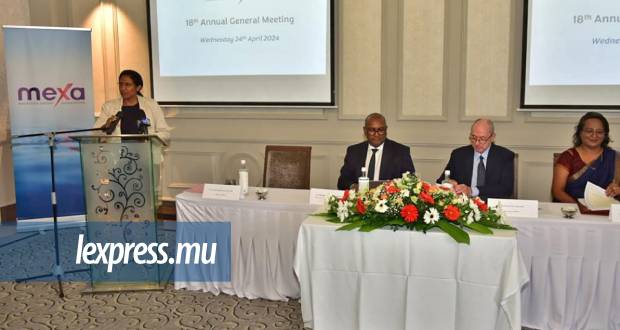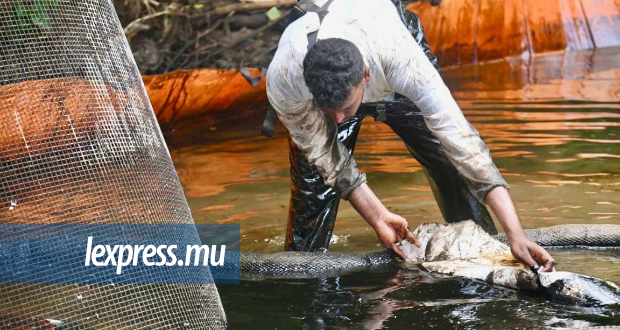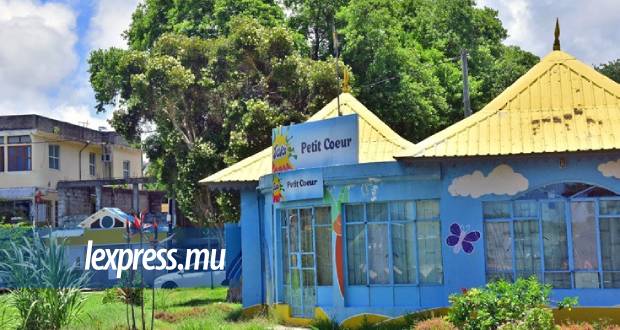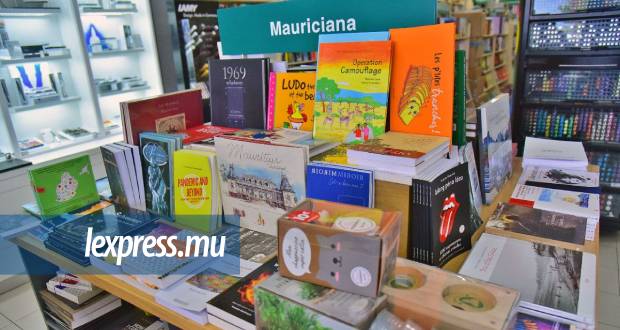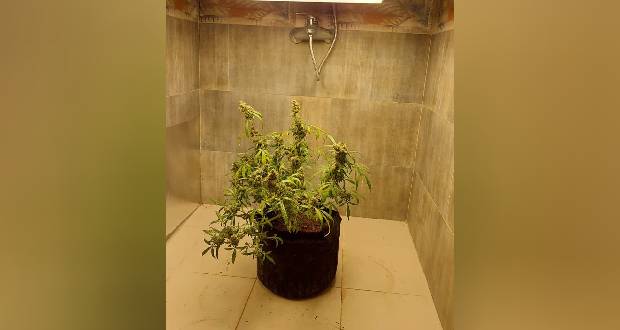Publicité
Henry Smith: “Crawley is a better place for the Chagossians living there”
Par
Partager cet article
Henry Smith: “Crawley is a better place for the Chagossians living there”
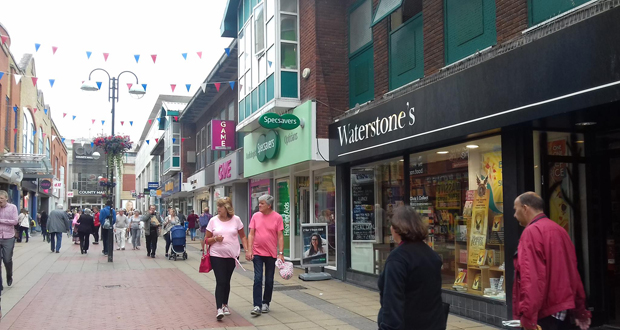
Henry Smith, UK Member of Parliament for Crawley and Vice-Chairman of the Chagos Islands All-Party Parliamentary Group, has always supported the Chagossian people’s plea to be sent back to the archipelago. He was recently disappointed by the British Supreme Court’s verdict, which dismissed the Chagos Refugees Group’s appeal. Henry Smith, who considers that Chagossian people have successfully integrated into Crawley community, answered our questions.
You have always campaigned for the Chagossian people’s right to return to the Chagos. What motivates you to join them in their quest?
I first read about the plight of the Chagos Islanders being forcibly removed from their homeland as a student and was appalled this could be allowed to happen as recently as the late 1960s. Later in life, I feel privileged to represent the community in Parliament and seek justice.
The first group of Chagossians had negative experiences on their arrival. They staged a sit-in at Gatwick Airport until West Sussex County Council decided to offer them support. Is it fair to say that local authorities were not prepared for this and didn’t want to take responsibility?
Over a decade ago when Chagos islanders started to arrive from Port-Louis to Gatwick, the local authorities were at first caught off guard and it was a difficult time. I am pleased now, however, that they are fully integrated. I believe that Crawley is a better place for the large number of Chagossians living there and I am proud that both the borough and islanders now have a shared history.
You said publicly last month that you were disappointed with the ruling of the Supreme Court against the right of return. Do you sincerely believe that Chagossians will ever be allowed back home? Many Chagossians argue that successive British governments have been taking them for a ride and are not genuinely willing to help in the resettlement.
The recent United Kingdom (UK) Supreme Court ruling, upholding an earlier House of Lords decision not to allow a legal right of return was extremely disappointing. However, the Government can still make a determination to make it possible for return as the independent feasibility study they commissioned and reported last year concluded it was doable. In the past, I think the Foreign & Commonwealth Office deliberately misled the Chagos Islanders. However, I have noticed in the last few years what I believe is a genuine desire to try and right a wrong.
While hoping for a right to return, many are also fighting for better treatment here in the UK. The immigration rules that divide so many Chagossian families are one of the main concerns. People failing the Life in the UK tests due to lack of English cannot reunite with their family in the UK. Don’t you think your government should ease those pressures off the Chagossian community, considering the wrongs done to the islanders?
In my view, Chagossians and their families hold a special place as exiled British citizens and I think the UK immigration should better reflect that.
«Ils bénéficient d’une bonne éducation…»
<p>Allen Vincatassin, le pionnier de l’exode des Chagossiens en Angleterre, est convaincu que ces derniers ont vu leur qualité de vie s’améliorer après «<em>la</em> <em>pauvreté abjecte</em>» connue à Maurice. Celui qui se présente comme le président du <em>Provisional Government of Diego Garcia &</em> <em>Chagos Islands</em> souhaite que la communauté chagossienne ait le droit de retour sur leurs îles natales, mais sous l’administration britannique uniquement.</p>
<p>Allen Vincatassin cite quelques exemples pour illustrer l’épanouissement de la communauté en Grande-Bretagne. «<em>Les Chagossiens mangent ce</em> <em>qu’ils veulent, s’habillent comme ils veulent;</em> <em>ils ont leurs voitures, bénéficient d’une</em> <em>bonne éducation, vont </em>à <em>l’université. Ce</em> <em>sont-là des signes de progrès social</em>», dit-il.</p>
<p>Il reconnaît toutefois que la nouvelle vie en Grande-Bretagne est loin d’être «<em>a bed</em> <em>of roses</em>». Par exemple, les lois relatives à l’immigration ne facilitent pas la réunification des familles. Il dit avoir discuté avec le Foreign Office récemment et souhaite que les anomalies que contient le <em>British Overseas Territories Act </em>de 2002 soient amendées afin que les Chagossiens qui ne peuvent obtenir le passeport britannique en raison des conséquences de l’exil ne soient pas pénalisés.</p>
<p>Ce dirigeant chagossien est optimiste quant au retour des Chagossiens sur leurs îles natales. Il rappelle qu’il a participé, depuis 2013, aux négociations pour la relocalisation sur l’archipel, y compris Diego Garcia. Plus de 800 personnes ont signifié leur intention d’aller vivre aux Chagos.</p>
<p>En ce qui concerne l’épineuse question de la souveraineté sur Chagos, le <em>Provisional Government of</em> <em>Diego Garcia & Chagos Islands </em>souhaite que l’archipel demeure un <em>British Overseas</em> <em>Territory</em>. «<em>Nous voulons que les îles</em> <em>Chagos reviennent aux Chagossiens sous</em> <em>l’administration britannique uniquement</em>», clame-t-il. Son équipe ne veut entendre parler d’une cogestion avec Maurice sur aucune des îles de l’archipel ou de transfert de souveraineté.</p>
<p>Il est dur envers le gouvernement de Maurice qui, dit-il, s’intéresse aux avantages qu’il pourrait tirer des Américains, mais «<em>c’est le peuple chagossien qui a souffert</em> <em>et nous ne voulons pas une répétition</em> <em>du passé</em>». Le gouvernement mauricien, poursuit-il, n’a rien fait pendant un demi-siècle et il est temps pour les Chagossiens de retrouver leur dignité.</p>
Publicité
Les plus récents
